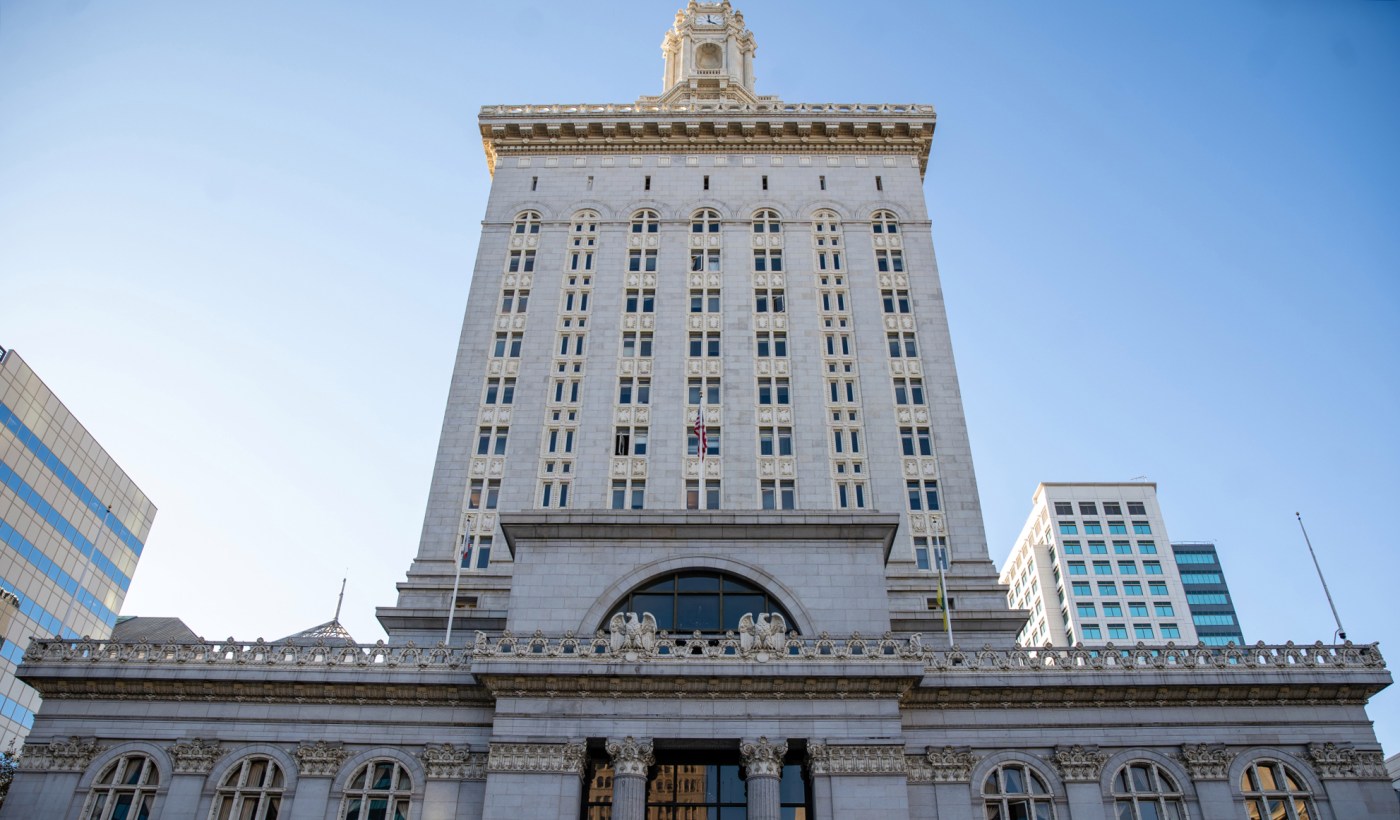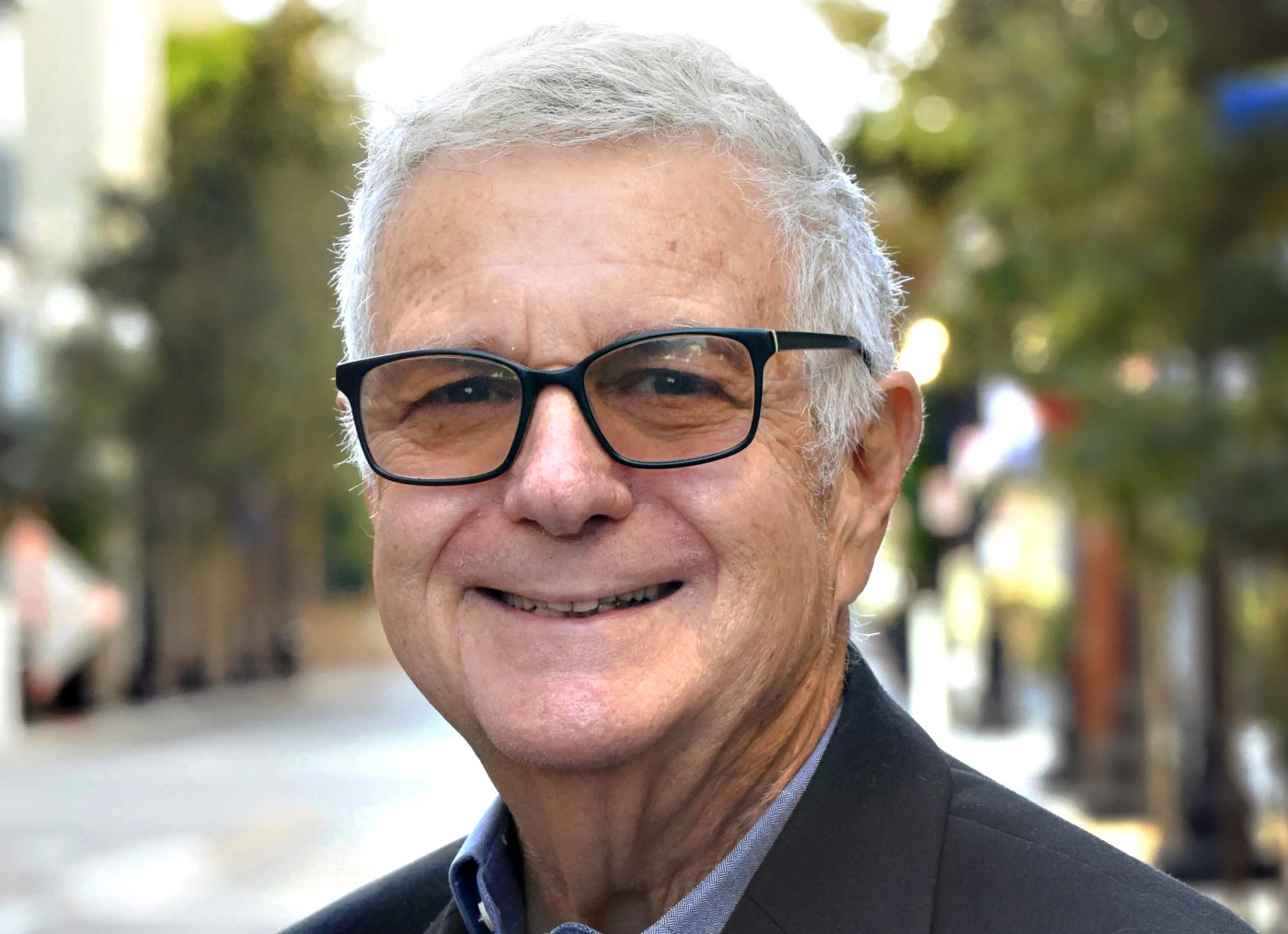OAKLAND — New budgets for public spending often feature eleventh-hour deliberations, but in rare fashion the city government here has one ready to go weeks earlier than required.
Oakland’s two-year, $4.36 billion spending plan took effect Wednesday in a 6-1 vote by the City Council, whose relatively fresh-faced roster found itself mostly on the same page: no layoffs, no fire station closures and no revenues budgeted from selling the Coliseum complex.
The budget will kick in at the start of July, taking the city through 2027. For many council members, the budget is a best-case scenario amid a $245 million revenue shortfall that threatened worker cuts. The deficit impacted the city’s general purposes fund, which mostly pays for wages and day-to-day operations.
“I’m feeling really good about this budget,” Deborah Edgerly, a financial consultant hired by the city in February, said at Wednesday’s council meeting. “And I haven’t felt good about a lot of budgets” over a two-decade career working in Oakland’s government, she added.
The catch, however, may turn out to be that Oakland is simply delaying inevitable cuts to spending for another year or two, following suit with past leaders who somehow came up with extra cash in the city’s coffers.
A five-year financial forecast released last month painted a grim picture for the city: the rising costs of paying retired workers’ pensions will keep spending well above revenues for the rest of the decade.
Even with the avoided cuts, Oakland will still need to make do with less funding for homelessness solutions, cultural programs and social benefits than what the city enjoyed before the COVID-19 pandemic led tax revenues to plummet.
“Whenever politicians like me write a budget, we come up with some sort of name for it, like ‘Future Forward’ or ‘Roadmap to Progress,’” Councilmember Zac Unger said at Wednesday’s meeting. “This is the ‘Nobody’s Happy’ budget.”
Oakland City Councilmember Janani Ramachandran speaks about proposed budget amendments at a podium on the steps in front of City Hall, alongside fellow council members Zac Unger, right, Charlene Wang, far left, and Rowena Brown. (Shomik Mukherjee/Bay Area News Group)
The 6-1 decision saw a lone dissenting vote cast by Councilmember Noel Gallo, while Councilmember Carroll Fife was on an excused absence.
Gallo, a frequent critic of the city’s spending decisions, harshly assessed the budget’s level of investment in public safety, describing at the meeting a lack of available law enforcement response to violence in East Oakland neighborhoods.
The city’s police and fire departments had already been protected from layoffs in the initial budget proposal authored by Councilmember Kevin Jenkins, who served as interim mayor before Barbara Lee took office last month.
As is customary in budget discussions, a committee of council members — Rowena Brown, Janani Ramachandran, Zac Unger and Charlene Wang — proposed amendments that went a step further, eliminating the need to temporarily close two city firehouses.
The committee found an extra $7.1 million in a fund that pays out legal claims filed against the city government. It also saved a combined $23 million over the next two years by reducing the starting salary of numerous unfilled positions.
But the approved budget amendments will also reduce one of the Oakland Police Department’s three yearly training academies, a cancellation that will take effect in 2026-27, the second year of the budget cycle.
The academies are a major source of staffing for OPD, though they often struggle with enrollment, having graduated just 12 recruits in the most recent class.
Members of the Oakland Police Department take part in a ceremony to honor the 55 Oakland police officers who died in the line of duty on Thursday, May 8, 2025, in Oakland, Calif. About 200 people, including relatives of the deceased officers, current and retired Oakland police officers and city and county officials took part in the annual ceremony. The memorial wall inside department headquarters has the names of the 55 Oakland police officers killed in the line of duty between 1867 and 2024. (Aric Crabb/Bay Area News Group)
OPD itself is staffed well below levels that the council agrees are appropriate for a city of Oakland’s size. There were 663 sworn officers on the force as of Tuesday, with around 140 of them on either paid or administrative leave.
That could present a problem for the city’s ability to draw revenue from Measure NN, a tax voters approved last November that requires Oakland to consistently maintain at least 700 sworn officers.
The city, however, once again often declared on Wednesday an exception to the voter-mandated officer minimums in order to continue drawing tax revenues — an option seized by the council to continue spending revenue from an earlier, similar tax.
The four council member who had proposed budget amendments did set aside an additional $200,000 for the city’s internal affairs investigations, hoping it will free up some of those officers out on leave.
A relatively smooth budget process, with an early final approval, is a rare sight in Oakland, where the councils during the previous two mayoral administrations engaged in contentious spending disputes.
But supporters of Mayor Barbara Lee promised her arrival would bring about a period of collaboration. With layoffs and deep service held off for another year, city leaders on Wednesday mostly appear unified.
“Even with the budget challenges,” Lee said in a statement after the meeting, “I’m proud of what we’ve accomplished together.”
Shomik Mukherjee is a reporter covering Oakland. Call or text him at 510-905-5495 or email him at [email protected].





